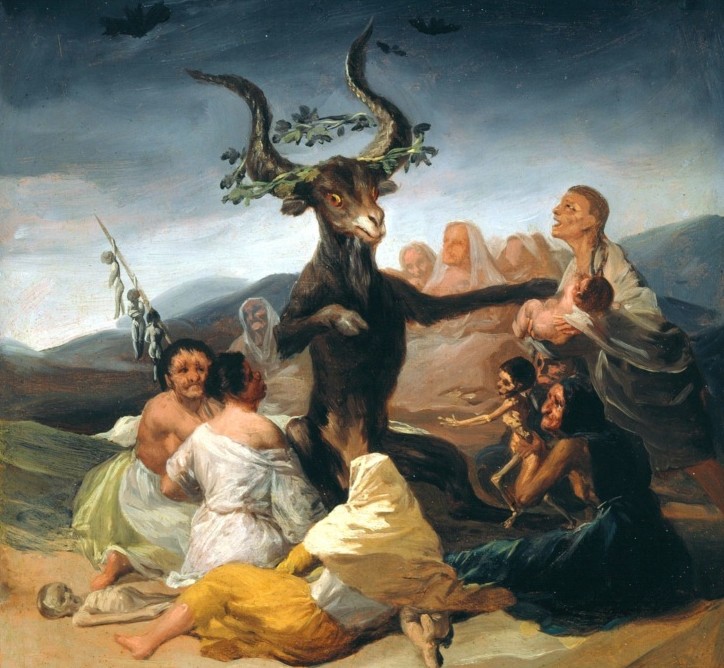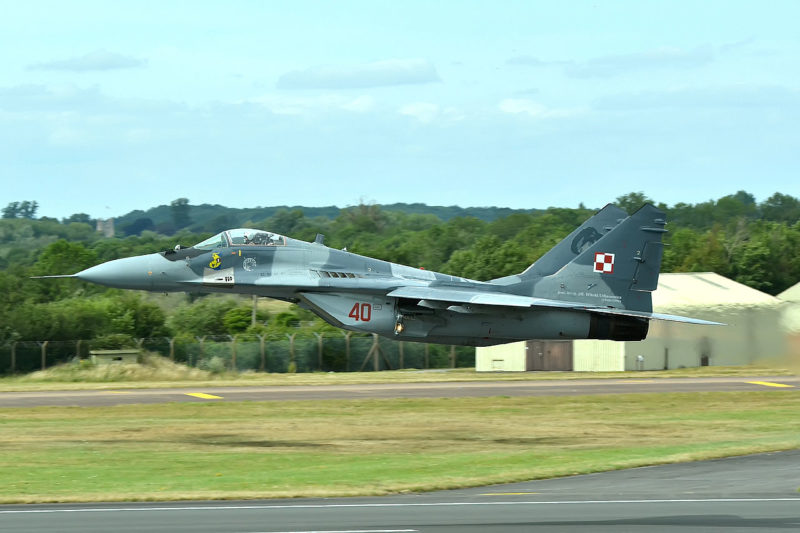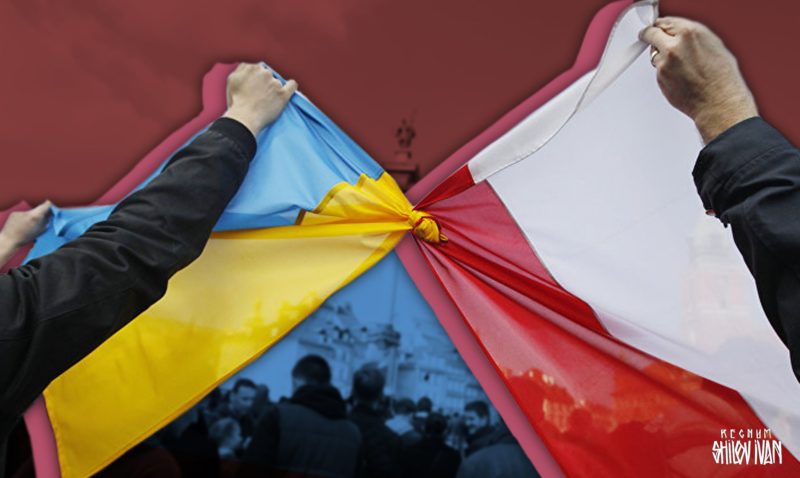08.12.2022, Berlin.
Politicians and media in Germany knew in advance about a police operation to detain the members of the Reichsbürger [Reich citizens] group who were reportedly planning a coup d’état, the online magazine Tichys Einblick wrote on December 7.
On the morning of December 7, 3,000 police officers conducted raids in 11 German federal states and arrested 25 people suspected of organizing the seizure of the Reichstag and the coup d’état.
Politicians from the ruling coalition reported that thanks to the largest anti-terrorist operation in German history, a coup d’etat was averted. At the same time, politician Martina Renner (The Left party) noted that information about the impending raids had been so widely circulated prior to the operation that many people knew about it. This put the security forces at risk since the suspects could know about the raids.
“I’ve known about it myself since the middle of last week, and I’m also aware of several media outlets that knew about it two weeks ago,” Renner said.
The editors of Tichys Einblick question whether this operation to prevent the plotters was actually an important event if many knew about the planned detention of the “putschists” before the “scoop” happened. It is also pointed out that some of the detained putschists are of such an age that they can hardly move.
The question arises: wasn’t this large-scale operation to arrest the coup plotters just a PR show? If it wasn’t, then the fact that many people knew about the planned raids to arrest the conspirators put the security forces at risk.
Online Journal writes that imagining a situation in which 25 people can overthrow the state is like a farce. And if it is not a farce, but, as the prosecutor general says, a “secret” operation, then why did so many people know about it in advance?
If the detention of the members of the Reichsbürger group was a dangerous and major operation, why was it known about? Not only did it endanger the lives of the police officers, but it also gave the alleged criminals a chance to prepare for the searches: to get rid of the evidence, to hide weapons.
“A total of 3,000 officers, not all of whom are Special Forces, were and still are involved in the raid. Whoever spread the word about the planned arrests endangered the security services,” Renner claims.
“The information was so widely disseminated that it looked like a PR campaign,” the politician stresses. Renner is convinced that the operations to combat “terrorism must be carried out by state authorities with maximum sensitivity, under no circumstances should it turn into a show.”
According to the politician, Germany has witnessed a PR show when the significance of events was overblown, or it has witnessed unacceptable irresponsibility: both are essentially scandalous.
The editors of the magazine point out that Interior Minister Nancy Feather spoke of the Reichsbürgers and their “fantasies of violent revolution and conspiracy ideology.”
Tichys Einblick points out that fantasies and ideologies may be confusing or silly – but they cannot be called a coup d’état, a putsch, or an attempt to overthrow the government. And if this is the case, then the sensational detention of the conspirators on December 7 was really just a PR campaign.




